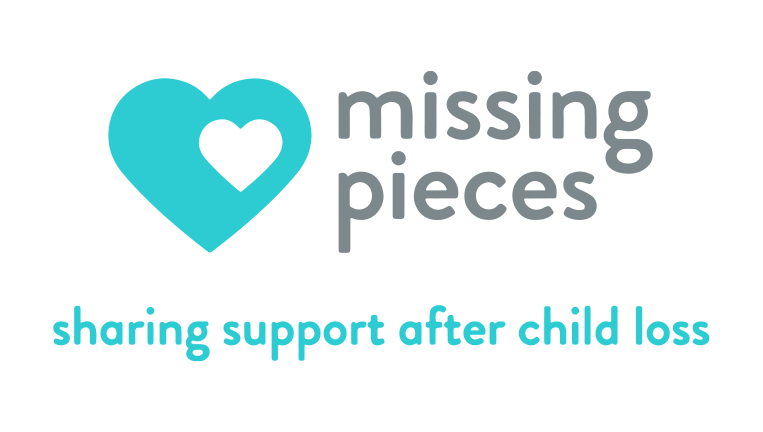Including Children in Funerals
Even very young children are capable of attending funerals. Funerals can provide an opportunity for children to express their grief and to share their loss with others. It is also an opportunity to acknowledge the finality of death and to remember the person who has died.
1. GIVE YOUR CHILD THE CHOICE.
Allow him/her to make an informed decision about whether or not he/she wants to attend or participate in the rituals of your culture. Describe what happens at wakes, memorial services, funerals, burials…Give as many specifics as the child seems interested in hearing.
2. IF YOUR CHILD CHOOSES TO ATTEND:
Prepare the child for what to expect. Discuss the length of the service, what the church or synagogue may look like and what happens before, during and after the ceremony.
If the body will be viewed, let the child know in advance. Explain what the casket and the body will look like. If the child asks to view the remains, be sure to prepare him/her for how the deceased will look and feel. It is ok to give the children permission to touch the body. Listen to what the child has to say about the experience.
If the body is to be cremated, explain what cremation means and if there are plans for the ashes. Be sure the child understands that this will not hurt. Because the person is dead, the body can not feel pain anymore.
Consider making arrangements with another family member or friend to be available for the child. Your child may need breaks from the activities and may have several questions. If someone else is available for the child; this will allow you to attend to your needs and will give you time to grieve.
Help children anticipate that they will see people expressing a wide variety of emotions. They will see tears and laughter. Discuss that many people may be crying, and it is all right if they want to cry too. By seeing adults grieving, children are reassured that their own feelings of grief are normal and this gives them permission to express their own feelings.
3. IF YOUR CHILD CHOOSES NOT TO ATTEND, you may want to explore the reasons why he/she does not want to attend. This allows you to correct any misunderstandings. Your child may need additional information. Allow them to change their minds. But never force a child to go. Later on, if the child begins to regret not having gone to the funeral, be prepared to support his/her decision. Remind the child that you agreed with the earlier decision and that you still support him/her. There are always other ways to say goodbye.
4. INCLUDE YOUR CHILDREN.
Children can be asked if there is anything they would like to have buried or cremated with the person who died. They may want to select a “special” gift to put in the casket (drawing, letter, toy, photograph, etc.). You can also include them in the planning of each ritual. They may want to help in choosing the clothes, flowers or music. They might want to light candles or to read a poem or letter. Allow your child to choose what he/she is comfortable with and to decide about how to participate.
5. REMEMBER, CHILDREN ARE CHILDREN FIRST.
Children often need to express grief in small doses and may need permission to play. Outward signs of grief may come and go.
Kristin James & Associates
grief counseling and support for families and children
familiescopingwithloss@gmail.com 847-323-8115
